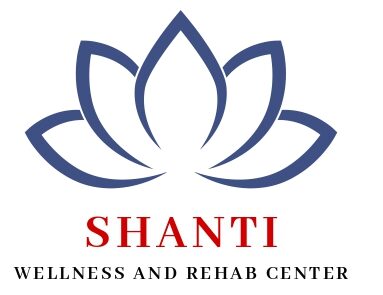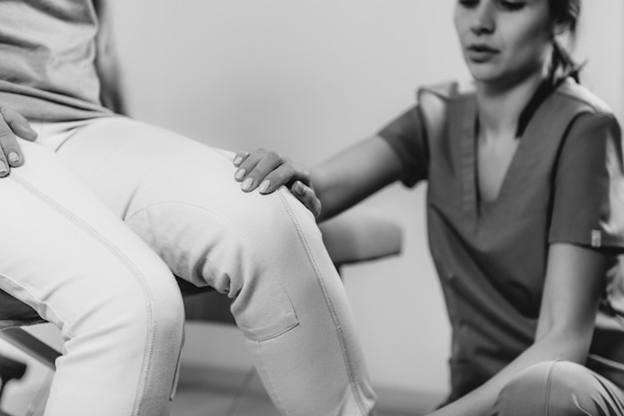Dealing with bipolar disorder can be tough. It affects not just the mind but everyday life, too. Picking the right time for rehabilitation for bipolar is key. It helps manage symptoms better and live a more balanced life. Wondering when the right moment is? This article will walk you through the signs and stages that suggest it might be time for rehabilitation.
Early Warning Signs Indicating the Need for Rehabilitation
Recognizing the early signals of bipolar disorder can make a huge difference. Here are a few signs that might suggest you or someone you know could benefit from rehabilitation for bipolar:
- Mood Swings: Struggle controlling your mood swings? If these make day-to-day life tough, it might be time to consider help.
- Frequent Episodes: Are manic or depressive episodes happening more often than before? Increased frequency can be a warning.
- Medication Challenges: If sticking to a medication plan feels impossible, rehabilitation might offer the support needed.
Awareness of these signs ensures you don’t wait until things are dire. A little help early on can prevent bigger problems in the future.
The Benefits of Bipolar-Specific Rehabilitation Programs
Choosing a program that addresses bipolar residential treatment centers provides many benefits:
- Specialized Therapy: These programs offer therapy sessions designed just for those with bipolar disorder. They focus on addressing mood swings and setting realistic goals.
- Management Techniques: Programs teach long-term techniques to prevent relapses. Skills learned here help manage the disorder over the long haul.
- Success Stories: Engaging with individuals who have benefitted from these programs offers hope and motivation.
Rehabilitation tailored to bipolar residential treatment centers ensures a targeted approach. It helps individuals find their footing and move forward.
Types of Rehabilitation Services: Outpatient vs Inpatient
Considering rehabilitation options? Knowing the difference between outpatient and inpatient services can help. Here’s a quick breakdown:
- Outpatient Services: These offer flexibility, allowing individuals to live at home and continue with some daily activities.
- Inpatient Programs: Provide a structured environment perfect for those needing constant support and supervision.
Which One to Choose?
- Outpatients work well for those with support at home and mild symptoms.
- Inpatients suit those struggling with severe episodes or lacking home support.
Real-life examples can guide decisions, offering insights into what works best for different situations.
Comprehensive Holistic Treatment Options in Rehabilitation
Holistic treatments can enhance recovery:
- Therapeutic Interventions: Play a critical role in managing symptoms. Regular therapy sessions help.
- Medication Management: Keeping track of your medication is crucial.
- Lifestyle: Simple changes, like regular exercise and a balanced diet, boost mental health.
By embracing a holistic approach, people can manage their condition more effectively.
The Role of Family Involvement in the Recovery Process
Family can be a pillar of support during rehabilitation. Here’s how they can help:
- Provide Support: Encouragement and understanding can make a significant difference.
- Understand the Disorder: Learning about bipolar disorder is vital. Understanding helps families to provide better support.
- Personal Stories: Many have shared stories where family support led to successful recovery outcomes.
A supportive environment can fast-track recovery and lead to greater success.
Building Essential Life Skills and Coping Mechanisms
Rehabilitation equips individuals with vital skills:
- Daily Challenges: Learn to cope with everyday tasks and challenges more effectively.
- Adaptation: Techniques to handle mood swings and identify triggers are integral parts of the recovery journey.
Developing these skills paves the way for a smoother, more balanced life.
Creating a Personalized Rehabilitation Plan
Everyone is unique, so a personalized plan makes sense. Here’s why:
- Cultural Factors: Different regions and cultures influence treatment methods.
- In India, understanding local norms and traditions is key to an effective plan.
Personalization in rehabilitation fosters a deeper connection and aid in recovery.
Understanding the Role of Mental Health Professionals
Mental health professionals act as guides. They help navigate the need for rehabilitation for bipolar:
- Guidance: They help patients see if rehabilitation is needed.
- Evaluations and Plans: Comprehensive evaluations lead to plans tailored to individual needs.
Their support ensures individuals receive care that’s apt for their specific situation.
The Power of Peer Support in Rehabilitation
Engaging with peers offers tremendous benefits:
- Support Networks: Sharing experiences builds camaraderie and understanding.
- Success: Stories of peer networks leading to successful recoveries highlight their importance.
Peer support provides a unique sense of belonging, great for recovery.
Choosing to seek rehabilitation for bipolar marks a brave step towards a healthier future. Recognizing the signs and understanding available options can ease the journey. Whether opting for bipolar residential treatment centers or outpatient services, remember: the right support makes all the difference.
Take the first step toward stability and recovery today. Book your consultation at Shanti Wellness and Rehab for expert bipolar disorder rehabilitation.”

